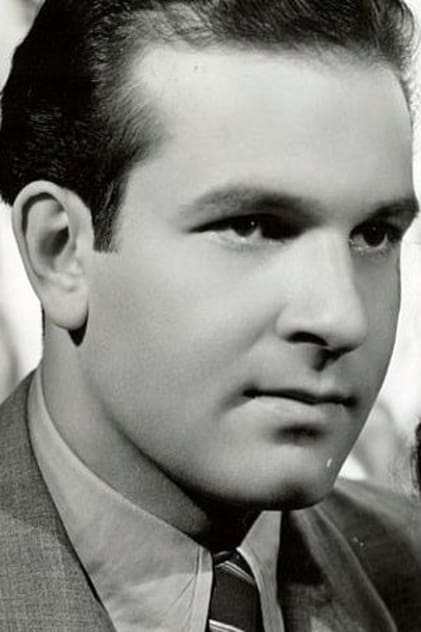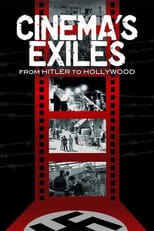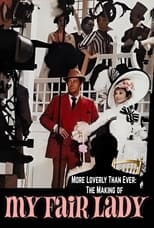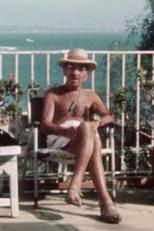

Rudi Fehr
Born: July 6, 1911
Died: April 16, 1999
in Berlin, Germany
Died: April 16, 1999
in Berlin, Germany
Rudolf "Rudi" Fehr, A.C.E. (July 6, 1911 – April 16, 1999) was a German-born, American film editor and studio executive. He had more than thirty credits as an editor of feature films including Key Largo (1946), Dial M for Murder (1954), and Prizzi's Honor (1985). He worked for more than forty years for the Warner Brothers film studio, where he was the Head of Post-production from 1955 through 1976. Fehr was instrumental in establishing the 1967 "sister city" connection between Los Angeles and Berlin, which he had fled in the 1930s.
Description above from the Wikipedia article Rudi Fehr licensed under CC-BY-SA, full list of contributors on Wikipedia.
Description above from the Wikipedia article Rudi Fehr licensed under CC-BY-SA, full list of contributors on Wikipedia.
Movies for Rudi Fehr...

Title: Cinema's Exiles: From Hitler to Hollywood
Character: Self (archive footage)
Released: January 1, 2009
Type: Movie
Eight hundred German filmmakers (cast and crew) fled the Nazis in the 1930s. The film uses voice-overs, archival footage, and film clips to examine Berlin's vital filmmaking in the 1920s; then it follows a producer, directors, composers, editors, writers, and actors to Hollywood: some succeeded and many found no work. Among those profiled are Erich Pommer, Joseph May, Ernst Lubitsch, Fritz Lang, Billy Wilder, and Peter Lorre. Once in Hollywood, these exiles helped each other, housed new arrivals, and raised money so others could escape. Some worked on anti-Nazi films, like Casablanca. The themes and lighting of German Expressionism gave rise in Hollywood to film noir.


Title: More Loverly Than Ever: The Making of 'My Fair Lady'
Character: Self (as Rudy Fehr)
Released: December 30, 1995
Type: Movie
This 30th anniversary documentary treats film fans to a behind-the-scenes look at the making of "My Fair Lady," the classic musical about a poor young girl transformed into a woman of society through the tutoring of Prof. Henry Higgins. Includes footage of the filming process, as well as discussion by modern film critics about the impact movie had on later films.


Title: Film Emigration from Nazi Germany
Character: Self
Released: November 11, 1975
Type: TV
Based on extensive interviews, shot on 16mm in a series of static long takes, Filmemigration aus Nazideutschland, is one of the most fascinating examples of "Film history on film" ever produced. Straschek devoted years to researching the topic and accumulating both film and non-film materials. Apart from some radio features and articles, however, this 290-minute TV programme remains the only published trace of Straschek's lifelong work on the emigration of film personnel. He had intended to publish a three-volume book, encompassing all available data about 3,000 emigrants originating from the centre and peripheries of film production, but the book never materialised.
